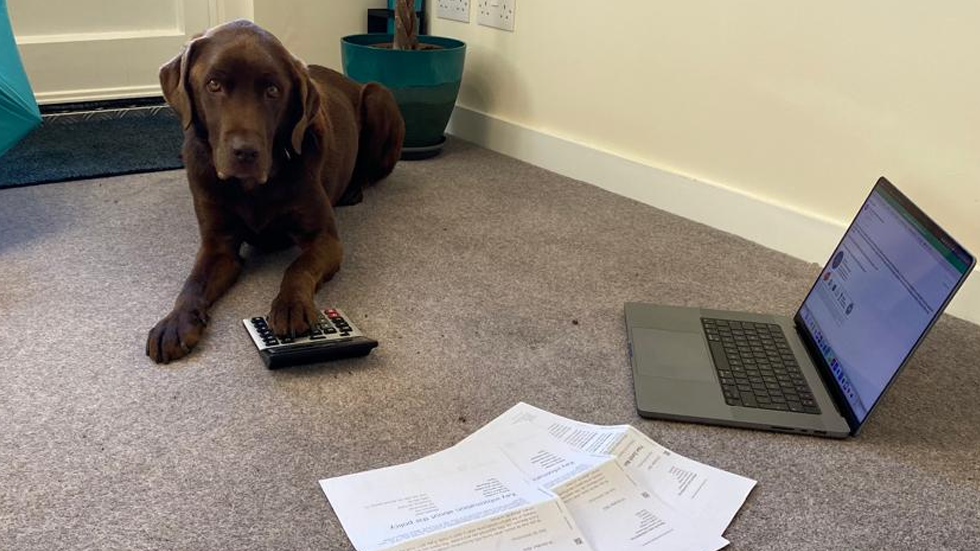Budgeting is often thought of as something that ‘the accountants say I should’, or it is thrown together at year end following on from the year in question, the odd comment might be mentioned such as ‘looks about right’. However, a simple process can be easily put in place to make this potentially tedious and arduous task become highly productive and helpful in enabling your business to grow and push its potential month on month.
Budgeting and financial forecasting are tools that companies use to establish a plan for the future. It is easy to break these down into 2 different methods.
- Budgeting: where you may want to take the company.
- Forecasting: whether it is heading in the right direction.
Although budgeting and forecasting are often used together, distinct differences exist between the two concepts. Budgeting quantifies the expectation of revenue that a business wants to achieve for a future period, whereas forecasting estimates the amount of revenue or income that will be achieved in a future period.
|
Budgeting |
Forecasting |
|
Budgeting helps to quantify the expectation of revenues that a business wants to achieve for a future period. |
Forecasting tells whether the company is headed in the right direction, estimating the amount of revenue and income that will be achieved in the future. |
|
Budgeting creates a baseline to compare actual results to determine how the results vary from the expected performance. |
Forecasting is used to determine how companies should allocate their budgets for a future period, but unlike budgeting, financial forecasting does not analyse the variance between forecasts and actual performance. |
A budget is an outline of the direction management wants to take the company. A forecast is a report illustrating whether the company is reaching its budget goals and where the company is heading in the future.
Budgeting can sometimes contain goals that may not be attainable due to changing market conditions. If a company uses budgeting to make decisions, the budget should be flexible and updated more frequently than one fiscal year so there is a relationship to the prevailing market.
Budgeting and forecasting should work in tandem with each other. For example, both short-term and long-term forecasts could be used to help create and update a company’s budget.
We have detailed experience of helping owner managed businesses work through the stage of moving from being reactive to proactive, by addressing the underlying assumptions they run their business on. We will break down your assumptions from revenue generating lines in your P&L to all your cost allocations to ensure everything is linked. We will test the sensitivity analysis on all respective areas of your forward-looking plan (whether that is budgeting or forecasting) and put in place plans to review this on a periodic basis.
We will work with you to make this quick and efficient. Call us to find out how we can transform the most tedious part of your business to the most important!!
Email: [email protected]

